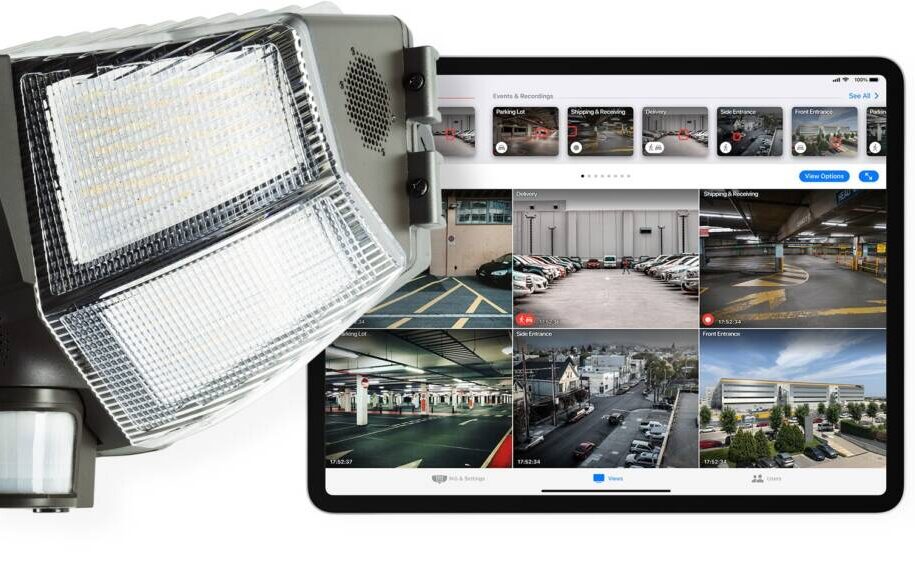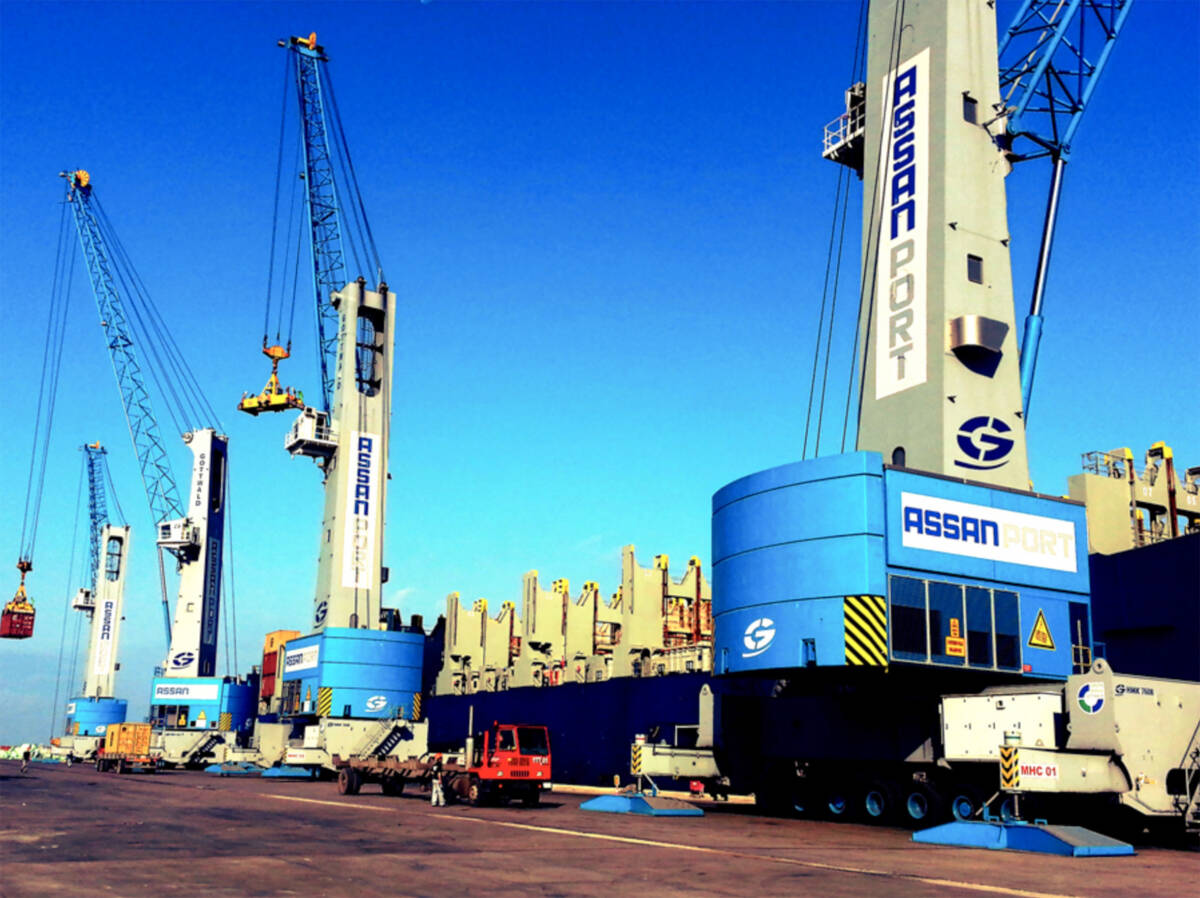How can artificial intelligence and machine learning improve maritime and port security both on land and sea?
AI has the potential to revolutionise the global economy and is an area of substantial investment across the world by companies big and small.
For the maritime industry it is no different as ports, terminals, carriers and other supply chain stakeholders look to utilise the near-exponentially increasing amount of data.However, new technologies also bring risk. It must now be considered how best to implement cybersecurity and how to keep the digital and automated programmes ports increasingly rely on safe.
The maritime industry is not unique in needing to be hyper-aware of the threat hackers pose; in 2018 alone, there were 10.5 billion malware attacks globally.
Companies across the world, from heavy industry to finance are all spending big money to keep their data and operations safe, to the point where the Cloud segment alone will rise from $5 billion in 2018 to $12.6 billion in 2023.
The number of data points in the maritime chain – vessel navigation, cargo handling, container tracking systems on shore and at sea, automated processing, etc – make it particularly important that decision-makers make their AI-powered systems as resilient as possible. In fact, AI itself may prove to be the solution.
Machine learning
AI is a broad term to describe a machine’s mimicking of a human brain, but to do that it needs machine learning, its most indispensable subset.
In ordinary AI-driven operations, the Internet-of-Things (IoT) collects data and builds a decision making support system, from which AI then can spot patterns and make subsequent preparations.
When it comes to improving cyber-security machine learning can be used to process information from previous hacking attempts. When combined with AI-decision making, threats can be spotted quicker and acted upon before operations are harmed. The drawback is that AI and machine learning algorithms needs months of event-specific data to set baseline, at which point it can detect anomalies and sophisticated threats.
While undeniably valuable, this doesn’t necessarily help prepare for all future attacks because the cyber-threat is getting bigger and more advanced all the time.
How can ports use Artificial Intelligence?
Cyber-criminals themselves utilise AI systems to get around security processes, which means ports and all stakeholders have to constantly adapt and update their defences. This is particularly true at a time when ports are investing heavily in smart technologies to connect fleets of machines and automate processes.
A possibility might be a different subset of AI called machine reasoning, which is a deeper layer of machine learning. It does all the things machine learning does but is much broader and flexible, and allows the critical human oversight needed to prevent malicious activity.
Whereas machine learning will ingest mountains of data, machine reasoning, or automated reasoning as it is also known, will analyse it within a certain set of rules which are encoded and overseen by people.
Ultimately, once machine reasoning software detects an unfamiliar attempt to access data, it will send a notification to the security team, which will have the final say over whether or not to grant it.
It isn’t only cybersecurity where AI can help ports be more resilient, they also need to consider non-cyber health and safety. For carriers, it can also help with voyage optimisation, maintenance and vessel tracking, which can help a port’s operations by keeping cargo traffic flowing and increasing supply chain visibility.
For more news updates, check out our June issue here.
Media contact
Rebecca Morpeth Spayne,
Editor, Security Portfolio
Tel: +44 (0) 1622 823 922
























